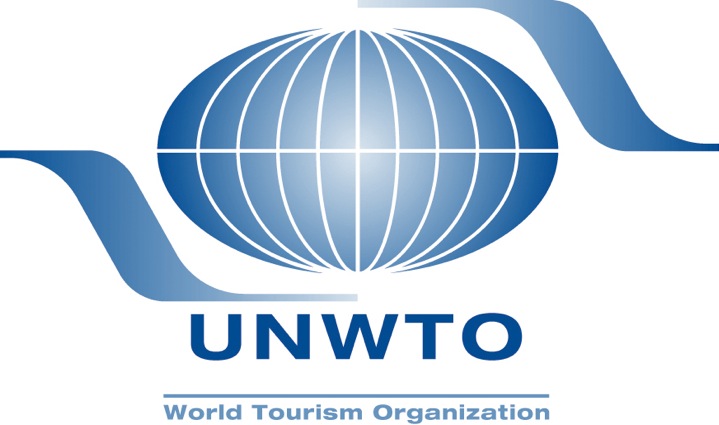His Majesty King Felipe VI of Spain presided over the event celebrating the launch of the International Year of Sustainable Tourism for Development, organized by the World Tourism Organization (UNWTO).
The gathering was attended by ministers of tourism from around the world. The celebration highlighted tourism’s enormous potential to contribute to the development of all countries within the framework of the Sustainable Development Goals, and the need to continue advancing towards a more sustainable sector that generates benefits to local communities and promotes the conservation of cultural values and natural heritage.
The event, held in the El Pardo Palace in Madrid, Spain, was attended by the Prime Minister of Georgia, the Vice-President of Honduras, more than 40 tourism ministers and other senior officials from 57 countries.
The UNWTO Secretary-General underscored the continued growth of tourism since the beginning of the crisis – “in 2016, more than 1.2 billion people travelled around the world for tourism purposes and another 6 billion people travelled domestically” – and emphasized the need to move towards more sustainable tourism in all its dimensions.
“In parallel with the growth of the sector, there is also increased responsibility to advance towards greater sustainability, equity, inclusiveness and peace in our societies,” he said.
For his part, His Majesty the King mentioned that “there are many reasons for declaring 2017 as the International Year of Sustainable Tourism for Development, such as greater appreciation of different cultures and thus peace among peoples”.
“To have been chosen as the host country for the launch of the International Year is an acknowledgement of Spain’s commitment in areas such as ecotourism, cultural tourism and agrotourism initiatives,” he said.
The International Year of Sustainable Tourism for Development 2017 was declared in December 2015 by the United Nations General Assembly. The Year was also presented in Madrid on the opening day of FITUR, marking an important milestone in the 2030 Agenda and in the progress towards the achievement of the Sustainable Development Goals.












